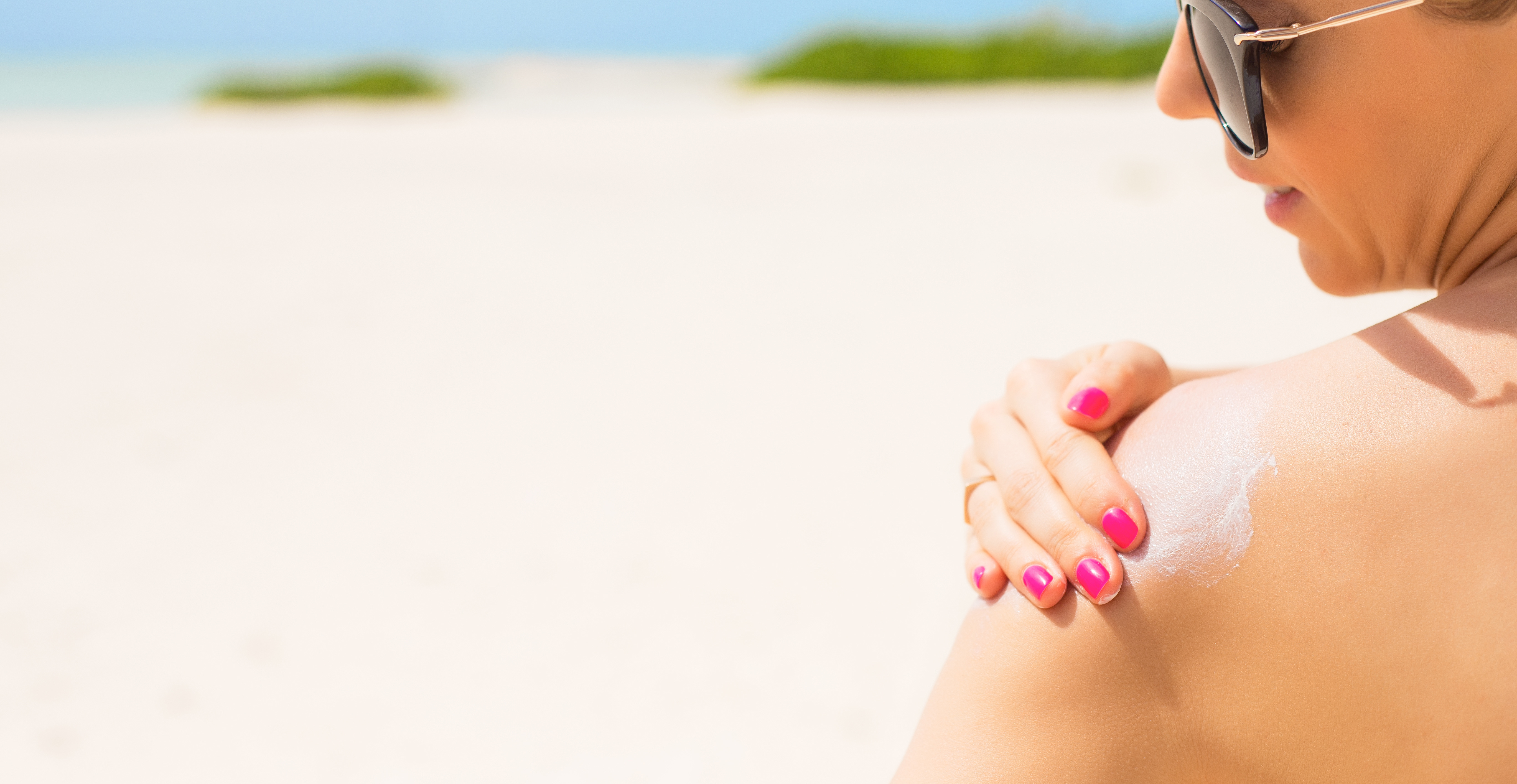
As we rapidly approach the summer months, you may be tempted to start working on your tan to achieve that “golden glow.” However, before you lie in the sun or artificial light, we want you to know how to reduce the risk of skin cancer.
Skin cancer is the most preventable form of cancer, yet, according to the Skin Cancer Foundation, a staggering 3.3 million people are diagnosed with skin cancer in the United States, making it the most common form of cancer.
So if it’s the easiest type of cancer to prevent, why is skin cancer running rampant in the United States? People are simply undereducated about the risk factors, signs, and symptoms of skin cancer. May is Skin Cancer Awareness Month, so we’re using this opportunity to educate our readers on how to prevent, detect, and treat skin cancer.
What is skin cancer?
According to the American Academy of Dermatology (AAD), “skin cancer is an abnormal growth of skin cells. It most often develops on areas of the skin exposed to the sun’s rays. Skin cancer affects people of all colors and races, although those with light skin who sunburn easily have a higher risk.” There are many types of skin cancer, including:
- Basal cell carcinoma (BCC) – the most common type of skin cancer
- Squamous cell carcinoma (SCC) – the second most common type of skin cancer
- Melanoma – the deadliest form of skin cancer
What causes skin cancer?
The most common cause of skin cancer is the ultraviolet (UV) radiation found in sunlight and in the lights used in tanning beds. According to the Mayo Clinic, “skin cancer occurs when errors (mutations) occur in the DNA of skin cells. The mutations cause the cells to grow out of control and form a mass of cancer cells.”
Risk factors for skin cancer include:
- fair skin
- history of sunburns
- excessive sun exposure
- sunny or high-altitude climates
- moles
- precancerous skin lesions
- family or personal history of skin cancer
- weakened immune system
- exposure to radiation
- exposure to certain substances
How is skin cancer detected?
The best thing you can do to detect skin cancer is to perform routine skin checks on yourself and your loved ones. You’re looking for a spot on your skin that is abnormal. It may look different from other spots on your skin, it may change shape, color, and size, or it might itch or bleed. If you detect something suspicious, schedule an appointment with your dermatologist ASAP. They will examine the spot, possibly take a sample, test it, and then develop a treatment plan, if necessary. Remember: skin cancer is easily treated if detected early.
How can you prevent skin cancer?
UV radiation found in sunlight and artificial light is the most common cause of skin cancer, so the best way to prevent skin cancer is to limit your exposure to UV radiation. Follow these tips from the ADD:
- Seek shade when appropriate. Remember the sun’s rays are strongest between 10 a.m. and 2 p.m. If your shadow is shorter than you are, seek shade.
- Wear protective clothing, such as a lightweight long-sleeved shirt, pants, a wide-brimmed hat, and sunglasses, when possible.
- Generously apply a broad-spectrum, water-resistant sunscreen with an SPF of 30 or higher. Broad-spectrum sunscreen provides protection from both UVA and UVB rays. We sell high-quality, dermatologist-recommended sunscreen in Pure Apothecary.
- Use sunscreen whenever you are going to be outside, even on cloudy days.
- Apply enough sunscreen to cover all exposed skin. For more adults, this is about an ounce, or enough to fill a shot glass.
- Reapply sunscreen every two hours, or after swimming or sweating.
- Use extra caution near water, snow, and sand, as they reflect the damaging rays of the sun, which can increase your chance of sunburn.
- Avoid tanning beds. Ultraviolet light from tanning beds can cause skin cancer and premature skin aging.
- If you desire the “sun-kissed glow” sun exposure gives, consider using a self-tanning product, but continue to use sunscreen with it.
The AAD’s website for their skin cancer initiative, Spot Skin Cancer, has helpful information and resources for those who want to learn more about preventing and raising awareness for skin cancer.
